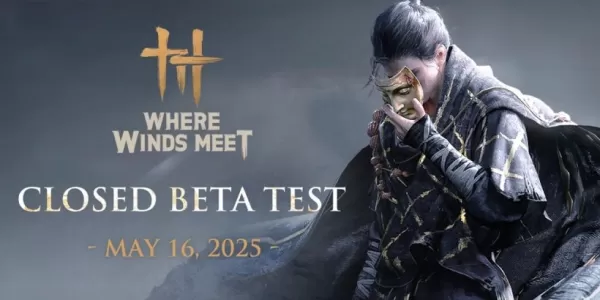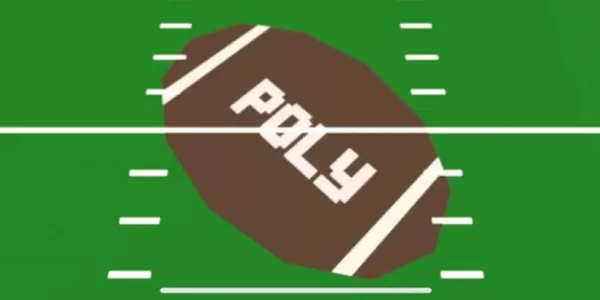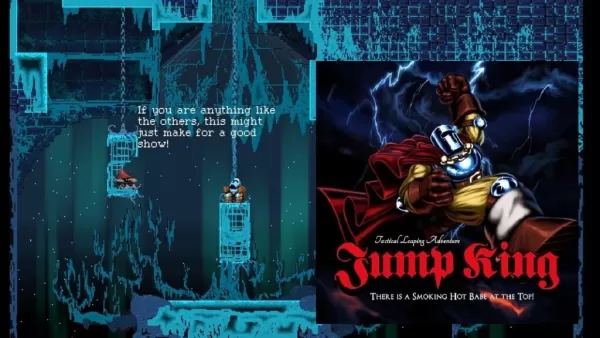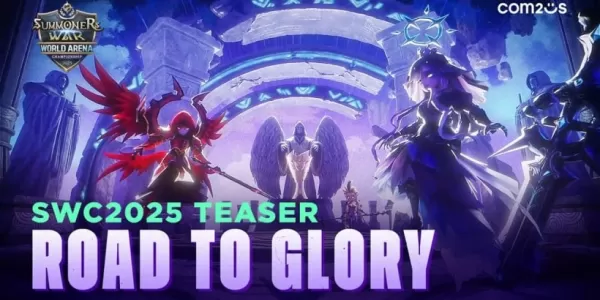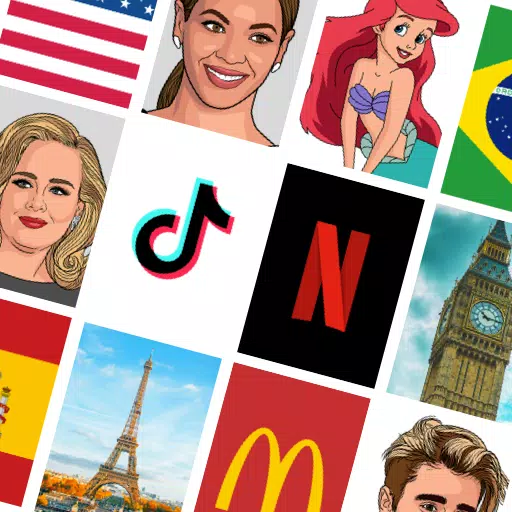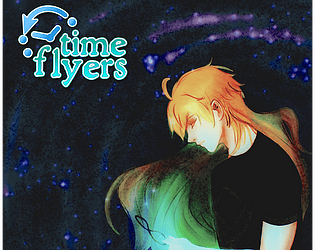Ubisoft has clarified that purchasing a game does not grant players "unfettered ownership rights," but rather a "limited license to access the game." This statement was made in response to a lawsuit filed by two players of The Crew, who were displeased after the original racing game was shut down last year.
The 2014 title The Crew is no longer playable, with all versions, whether physical or digital, becoming inaccessible as the servers were permanently shut down at the end of March 2024. Ubisoft made efforts to introduce offline versions for The Crew 2 and The Crew: Motorfest, allowing players to continue playing those games, but no such option was provided for the original The Crew.
At the end of last year, two gamers initiated legal action against Ubisoft, claiming they believed they were "paying to own and possess the video game The Crew instead of paying for a limited license to use The Crew." They likened their situation to purchasing a pinball machine only to find its components removed years later, rendering it unplayable.
According to Polygon, the plaintiffs accused Ubisoft of breaching California’s False Advertising Law, Unfair Competition Law, and Consumer Legal Remedies Act, alongside charges of common law fraud and breach of warranty. They further argued that Ubisoft violated California's state law on gift cards, which prohibits expiration dates.
The gamers highlighted that the activation code for The Crew indicated no expiration until 2099, suggesting to them that the game would remain playable well into the future. However, Ubisoft contested these claims, asserting that consumers were informed at the time of purchase that they were buying a license, not permanent ownership. Ubisoft's legal team emphasized that the packaging for Xbox and PlayStation versions clearly stated, in all capital letters, that Ubisoft could terminate access to online features with 30 days' notice.
Ubisoft has moved to dismiss the case, but if the lawsuit progresses, the plaintiffs are seeking a jury trial. In response to such legal challenges, digital marketplaces like Steam now explicitly warn customers that they are purchasing a license, not owning the game outright. This change followed a California law signed by Governor Gavin Newsom, mandating digital marketplaces to clarify the nature of digital purchases. Although this law doesn't prevent companies from withdrawing access to content, it ensures consumers are aware of the terms before buying.

